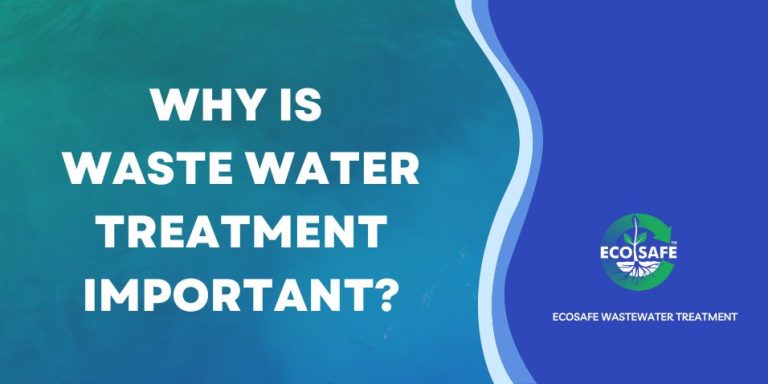What Does Reclaim Waste Mean?
What Does Reclaim Waste Mean?
Blog Article
The Best Strategy To Use For Reclaim Waste
Table of ContentsRumored Buzz on Reclaim WasteExcitement About Reclaim WasteThe Ultimate Guide To Reclaim WasteA Biased View of Reclaim WasteReclaim Waste - The Facts
Explore the kinds, events, and types of fluid waste. Residential sewage waste describes the waste and products from a property septic storage tank. This kind of waste is created by human beings in homes, colleges, and various other structures. This only consists of septic systems that have a drainpipe field. The appropriate management and disposal of residential sewage waste require liquid waste to be moved to a sewer treatment plant where the appropriate methods and tools are put on cleanse and throw away waste.
Industrial waste often consists of possible risks, such as flammable materials or a mix of liquid and solid waste items, and calls for an advanced and in-depth disposal procedure. The disposal of industrial waste typically includes the filtration of waste before transport to make certain risk-free and proper disposal. Hazardous waste is developed from results and overflow of commercial processes and manufacturing.
This sort of waste can not make use of the exact same sewer monitoring transport or procedures as septic or industrial fluids. The hazardous waste administration process needs the examination and screening of liquid waste before it goes through the disposal process (industrial wastewater treatment). Drainage waste is the liquid waste that comes from runoff and excess stormwater in very booming locations or cities
Runoff waste can cause contamination and flooding if not taken care of effectively. Guaranteeing appropriate waste management can protect against disasters and decrease ecological damage.
Excitement About Reclaim Waste
Call PROS Solutions today to learn more about our waste administration and disposal solutions and the proper ways to care for the liquid waste you create.
(https://myanimelist.net/profile/reclaimwaste1)Do you know what happens to your water when you pull the plug, purge the toilet or drain the cleaning maker? No? Well, it's worth recognizing. This supposed 'wastewater' is not only a vital resource however, after therapy, will certainly be launched to our land, waterways or the sea. Used water from commodes, showers, baths, cooking area sinks, laundries and industrial procedures is known as wastewater.

water used to cool down machinery or clean plant and devices). Stormwater, a type of wastewater, is drainage that streams from agricultural and metropolitan areas such as roofings, parks, yards, roads, paths and gutters into stormwater drains, after rainfall. Stormwater moves untreated directly to neighborhood creeks or rivers, eventually getting to the sea.
All about Reclaim Waste
In Queensland, many wastewater is treated at sewer treatment plants. Wastewater is carried from residential or commercial websites via a system of sewage systems and pump terminals, called sewerage reticulation, to a sewage treatment plant. Regional federal governments develop, keep and run most sewer therapy plants. Operators are licensed under the Environmental Management Act 1994 to discharge treated wastewater at an acceptable ecological requirement into waterways.
The Division of Natural Resources suggests neighborhood federal governments concerning handling, operating and preserving sewerage systems and therapy plants. In unsewered areas, local federal governments may need homeowners to install individual or household sewer therapy systems to deal with domestic wastewater from bathrooms, kitchens, bathrooms and washings. The Division of Natural Resources authorizes making use of house systems when they are confirmed to be effective.
A lot of stormwater gets no therapy. In some brand-new class, therapy of some stormwater to remove clutter, sand and crushed rock has actually begun making use of gross toxin catches. Wastewater treatment takes place in four stages: Gets rid of solid issue. Larger solids, such as plastics and other things wrongly released to drains, are removed when wastewater is travelled through screens.
Wastewater then moves into big containers where solids resolve and are eliminated as sludge. Oil and residue are skimmed from the surface. Uses small living microorganisms recognizes as micro-organisms to damage down and eliminate remaining liquified wastes and fine bits. Micro-organisms and wastes are incorporated in the sludge. Eliminates nitrogen and phosphorus nutrients that can cause algal flowers in our waterways and endanger marine life.
Not known Facts About Reclaim Waste
Nutrient elimination is not readily available at all sewer treatment plants because it needs costly specialised equipment. Clear fluid effluent produced after therapy may still include disease-causing micro-organisms - liquid waste removal.

Many wastewater moves into the sewage system. Under the Act, neighborhood governments carry out approvals and licences for ecologically relevant activities (ERAs) entailing wastewater releases that might have a neighborhood effect.
Reclaim Waste for Dummies
Surveillance offers accurate details concerning water top quality and can validate that permit conditions are about his being met. The information obtained with tracking offers the basis for making water quality decisions.
Report this page